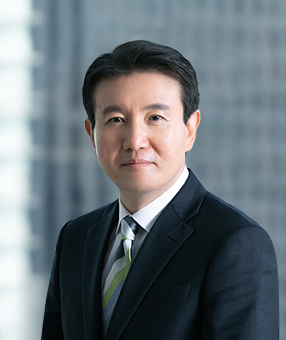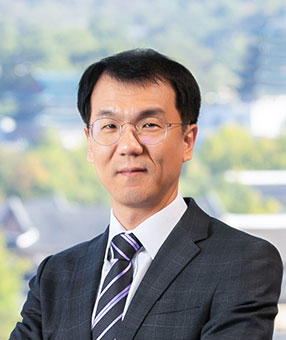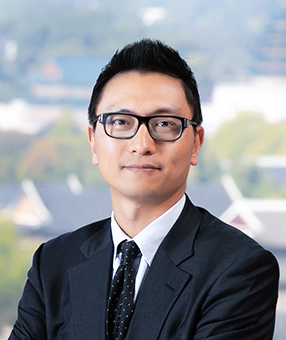On March 25, 2024, the Sentencing Commission of the Supreme Court (the “Sentencing Commission”) approved revised sentencing guidelines for intellectual property and technology infringement offenses. The revised guidelines add “Infringement of Industrial Technology” as a new category of intellectual property crime, amend the title of the sentencing guidelines to “Sentencing Guidelines for Intellectual Property and Technology Infringement Crimes” (hereinafter, the “Sentencing Guidelines”), increase prison terms, and strengthen suspended sentences standards for trade secret misappropriation and technology infringement crimes. The Sentencing Guidelines will apply to cases prosecuted on or after July 1, 2024.
|
1. |
Increase in Recommended Sentencing Range for Trade Secret Misappropriation Crimes |
|
Category |
Mitigated Sentence Range |
Standard Sentence Range |
Aggravated Sentence Range |
|
|
Misappropriation Within Korea |
Previous |
Up to 10 months |
8 months to 2 years |
1 to 4 years |
|
Revised |
6 months to 1 year 6 months |
10 months to 3 years |
2 to 5 years |
|
|
Misappropriation Outside Korea |
Previous |
10 months to 1 year 6 months |
1 year to 3 years 6 months |
2 to 6 years |
|
Revised |
10 months to 3 years |
1 year 6 months to 5 years |
3 to 8 years |
|
|
2. |
Strengthened Sentencing Range for Infringement of Industrial Technology and National Core Technology |
|
Category |
Mitigated Sentence Range |
Standard Sentence Range |
Aggravated Sentence Range |
|
Misappropriation of Trade Secrets in the Course of Employment |
Up to 8 months |
6 months to 1 year 6 months |
1 year to 3 years 6 months |
|
Infringement Within Korea |
8 months to 2 years |
1 to 4 years |
2 years 6 months to 6 years |
|
Overseas Infringement of Industrial Technology |
1 year to 3 years 6 months |
2 to 6 years |
4 to 10 years |
|
Overseas Infringement of National Core Technology |
2 to 5 years |
3 to 7 years |
5 to 12 years |
|
3. |
Strengthened Standards for Suspension of Sentence |
Upon taking effect, the Sentencing Guidelines are expected to significantly increase criminal sentences for trade secret misappropriation and industrial technology infringement offenses. The Sentencing Commission’s revisions are expected to sound an alarm on technology infringement crimes and have a positive impact on protecting the substantive rights of rights holders. While the Sentencing Guidelines are expected to deter infringement more effectively, it is also expected that companies and individuals suspected of being violators will face a far greater risk of criminal sanctions.
Further, in light of the Korean Government’s recent establishment of the Technology Leakage Task Force to swiftly and proactively respond to the illicit overseas outflow of technology and human resources, companies are advised to review their internal compliance systems, especially companies that own national core technologies or industrial technologies or conduct businesses involving such technologies.
[1] At the time of sentencing, the judge has discretion to add or subtract by one half the number of the recommended years at both ends of the sentence range. Thus, given that the recommended sentence range for the overseas infringement of national core technology is 4 to 10 years, in practice, a judge may sentence anywhere between 2.5 to 18 years.
[2] For the same reason as above, the actual range that a judge may sentence for the overseas infringement of industrial technology is 2 to 15 years.







